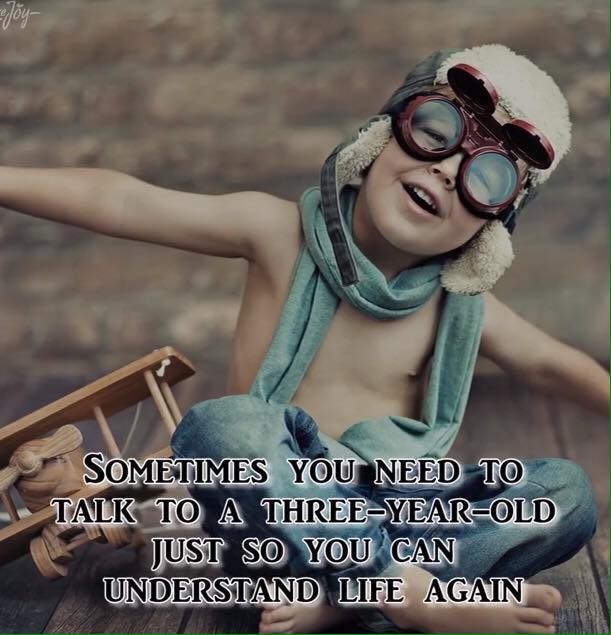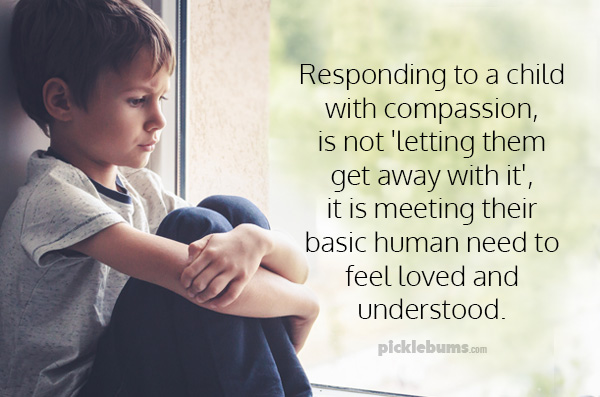Do you remember the day you discovered Santa was a fantasy? How did you feel? I remember a conversation about Santa which I had at the bus stop in 8th grade. No, that was not when I learned that Santa was my parents. I learned that at age five when my seven-year-old sister showed me where all the presents were hidden. Our game switched then from make believe about Santa to searching every year for the newest present hiding place. But that bus stop conversation still rings in my ears.
We were discussing honesty when Matthew asked me if I thought my parents were honest. I responded in the affirmative. He declared they were liars. I fiercely defended them. He then proceeded to tell me he could prove they were liars. Did they tell me Santa was real? They had. Did he prove his point? It ended the conversation, but I still remember it. And I remembered it when I became a parent.
Recently a business acquaintance casually told me she has instructed her fifteen- year-old son, to keep the Santa secret with his ten-year-old brother. I fail to understand this thinking. Surely, she is mistaken to believe her younger son still believes. Of course, there is a continual flood of songs, books and movies which reinforce the myth.
I understand the fun of make believe. I encourage imagination, pretend, play, and dress up. I have clothing and accessories(props) with which my grandchildren play. Even the teenage grandkids like to do this.
Perhaps parents need an excuse for giving many presents to their children. Perhaps we wish to keep our children young. Perhaps without Santa there is no focus or meaning to Christmas. But there is. We do not have to work at making or keeping Christmas magical or wonderful. It is miraculous.
Also confusing is the mixed message we send about stranger danger and sitting on the lap of an unknown person at the mall while whispering one’s secret desires. One of my granddaughters, as a toddler decided no person, not even Santa, should sneak into her house at night. She barred Santa from her home and wanted nothing to do with him.
Keep Santa if you want, but consider using him as a sidebar and not the focus of Christmas. Find out who St. Nicholas was and what he did. Don’t try to make the modern-day image of Santa Claus into a reality. Be honest with your kids. The distinction between reality and make believe is already confusing.
It is beneficial to occasionally question or examine why we do the things we do. I love traditions, but they should result in more joy than stress. Santa can be stressful. It is hard to keep the secret. Don’t let Santa dictate your holiday. Don’t let Elf on the Shelf dictate your holiday. Don’t let social media dictate your holiday. Let go of the pressure to measure up or exceed the images others are posting. No one posts about the entire Jello on the floor or your toddler’s third melt down of the day.
In the spirit of the Magi who gave gifts to the newborn Savior give gifts to each other. Reflect on your heart and then from your heart celebrate. Spread peace and joy this Christmas.


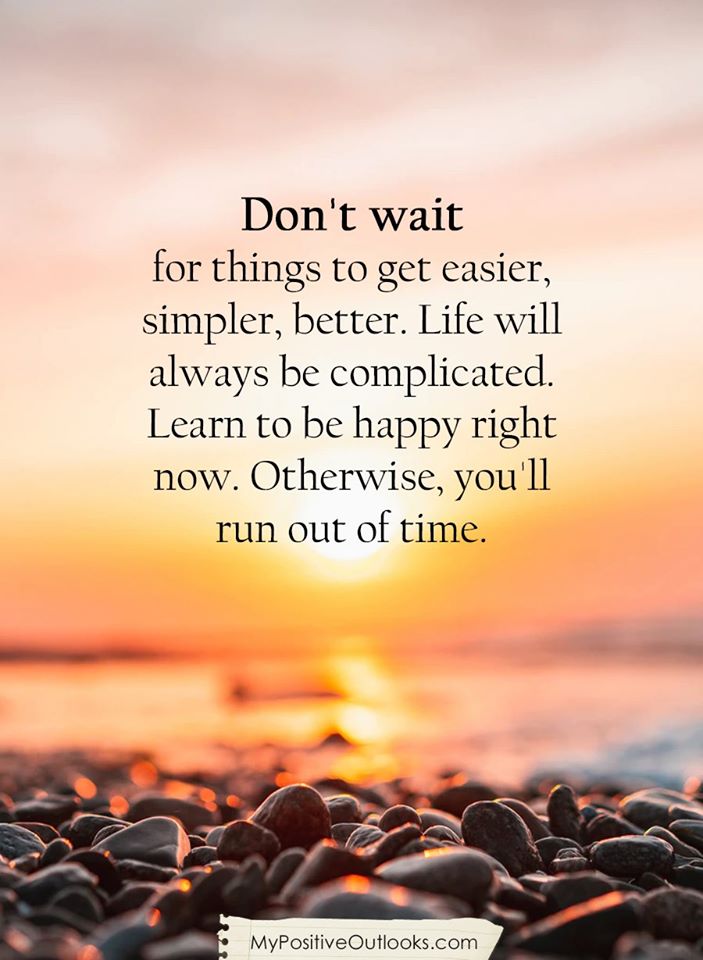

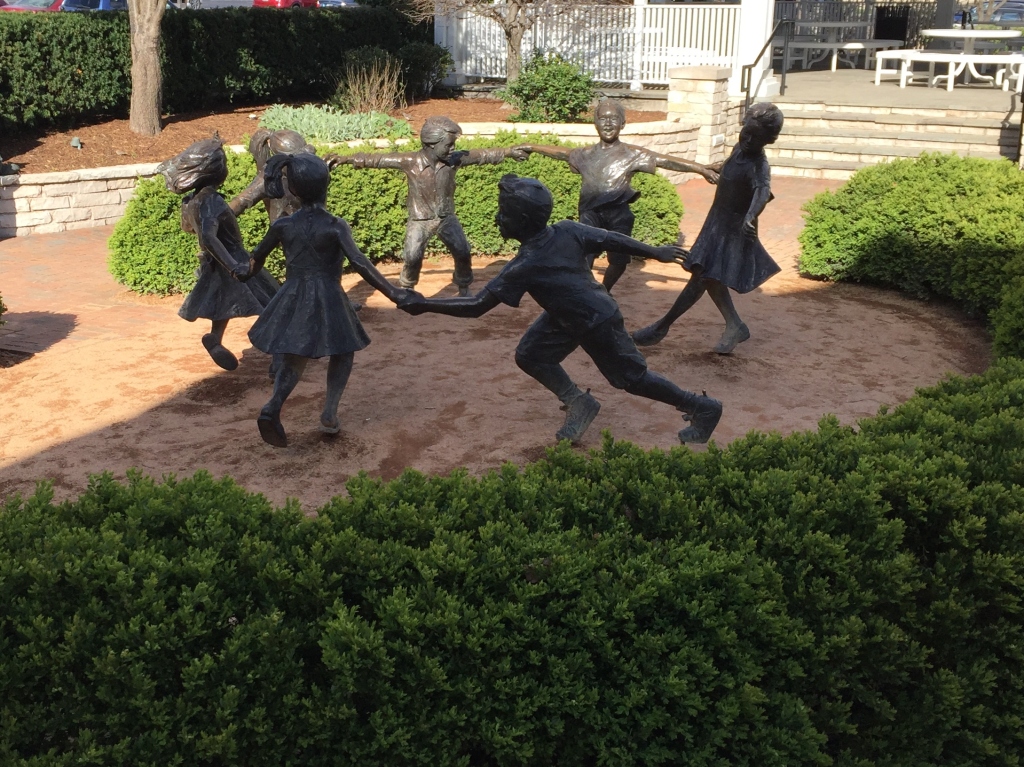

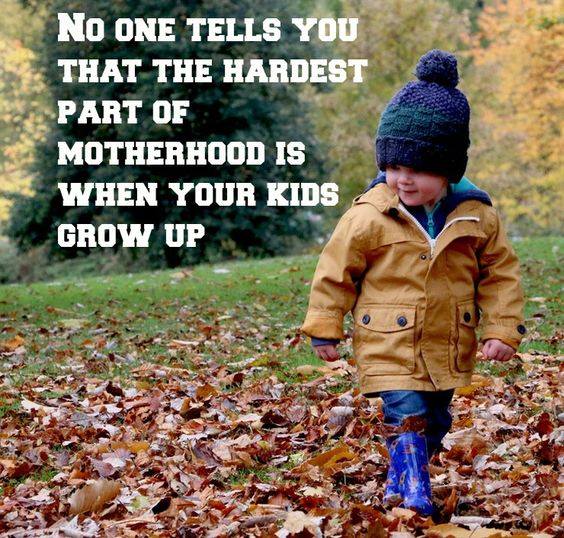


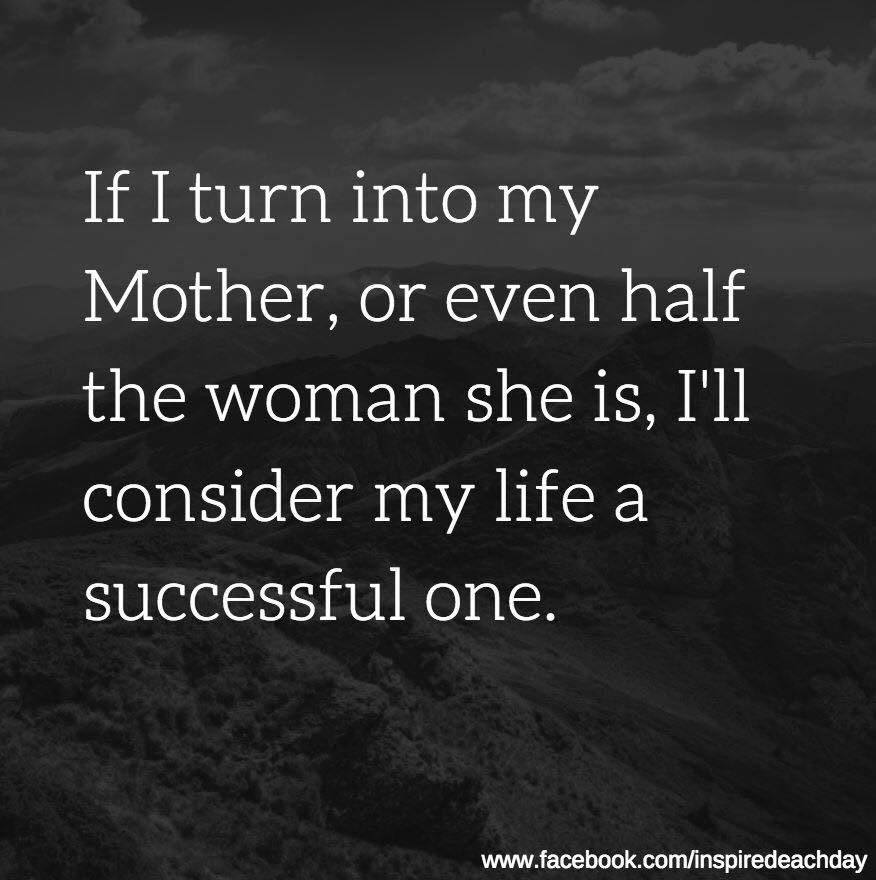 Also, I look back with wiser perspective at my own parents and am amazed at the extraordinary job they did at parenting and juggling two full time careers. My mom chose to work the third shift so that either she or my dad were always at home with us. They were incredibly sacrificial parents. I wonder when she slept.
Also, I look back with wiser perspective at my own parents and am amazed at the extraordinary job they did at parenting and juggling two full time careers. My mom chose to work the third shift so that either she or my dad were always at home with us. They were incredibly sacrificial parents. I wonder when she slept.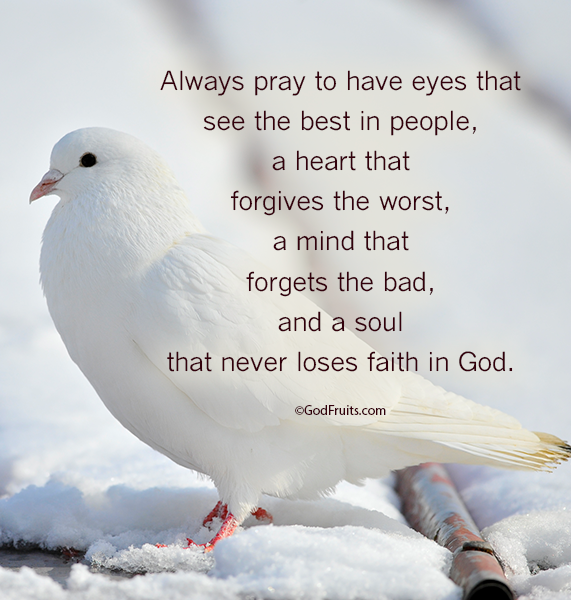


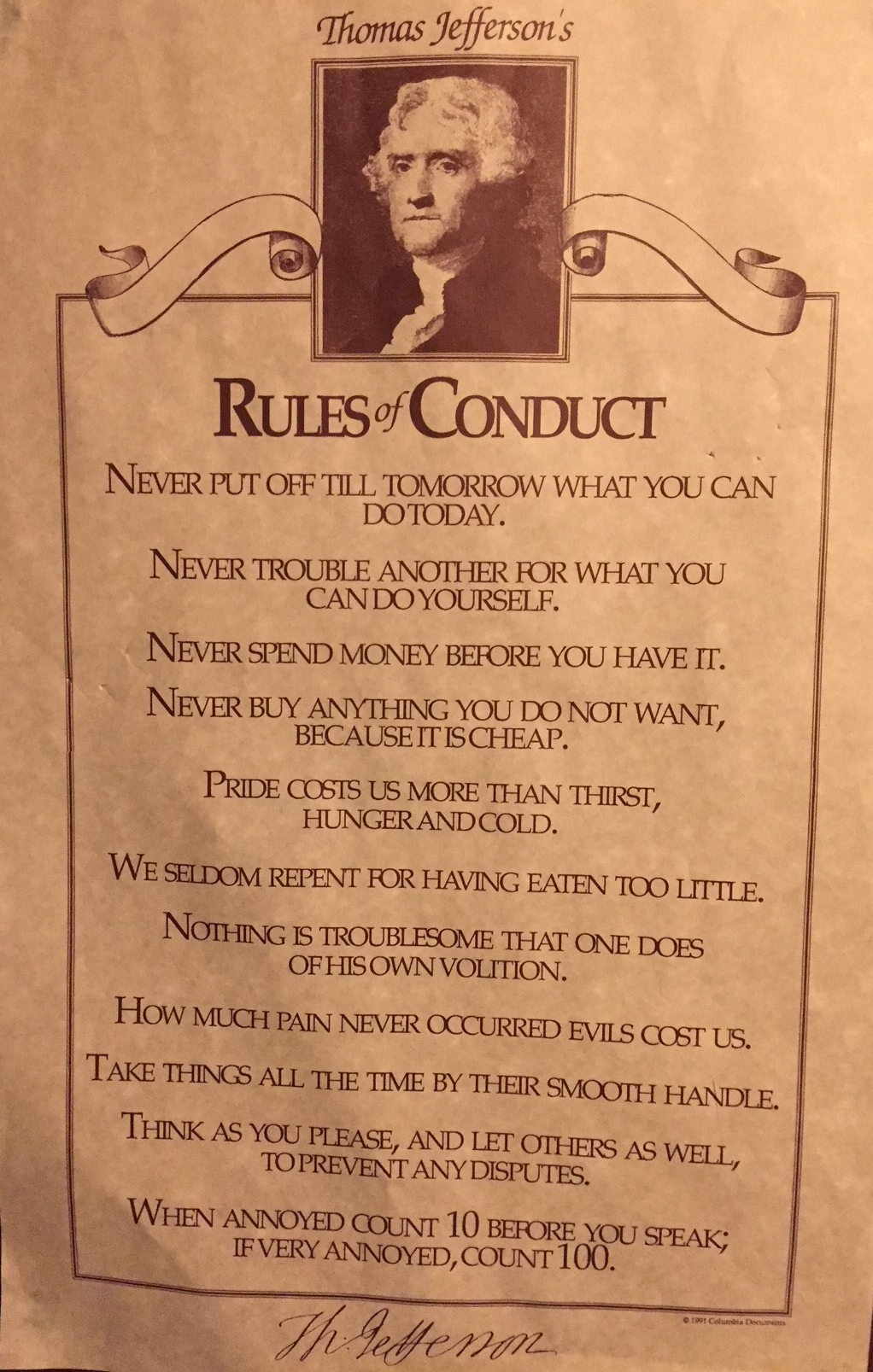 I can even procrastinate at writing, which I love and do all the time. I have written daily in a journal since 1984 but there are days I don’t want to do it. I also write Bible study lessons, communion meditations, sermons, and this blog. I write a lot. Yet I often postpone working on one of these by addressing a smaller or easier assignment.
I can even procrastinate at writing, which I love and do all the time. I have written daily in a journal since 1984 but there are days I don’t want to do it. I also write Bible study lessons, communion meditations, sermons, and this blog. I write a lot. Yet I often postpone working on one of these by addressing a smaller or easier assignment.
